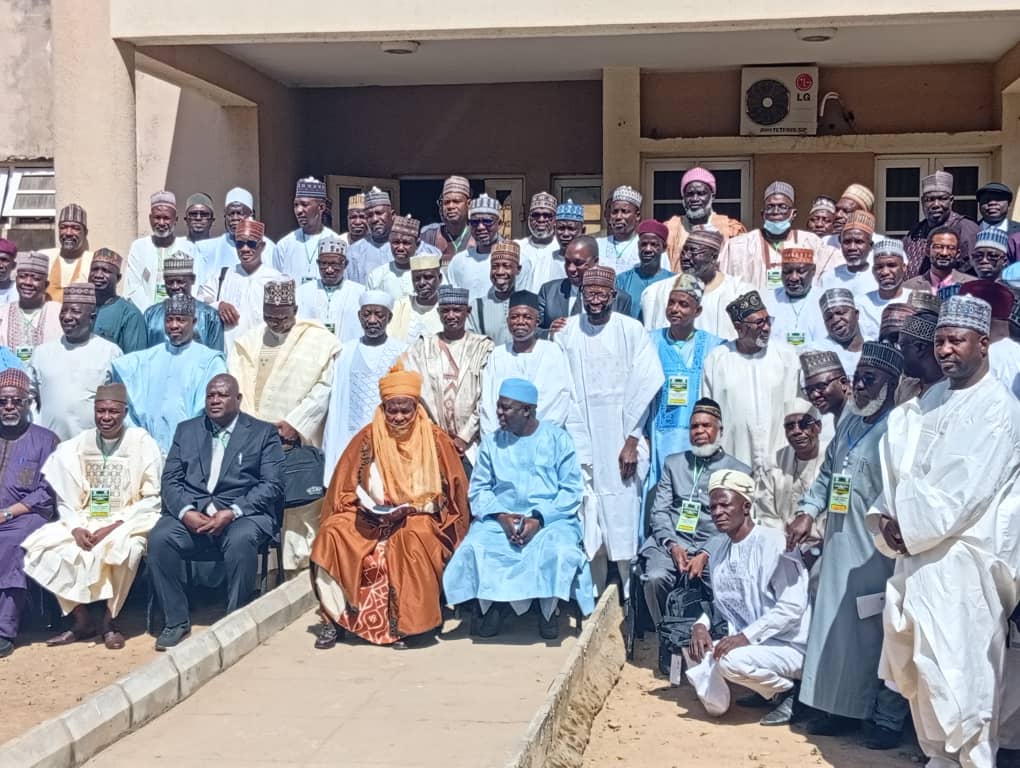Ibrahim Suleiman
The Chief Justice of Nigeria (CJN), Justice Kudirat Kekere-Ekun, has reaffirmed the vital responsibility of judicial officers to dispense justice with fairness, balance, and sensitivity to current economic realities.
She made the call at the 26th Annual Judges’ Conference organized by the Centre for Islamic Legal Studies, Ahmadu Bello University (ABU) Zaria, in collaboration with the National Judicial Institute (NJI). The event was held at the university’s Congo Campus.
Represented by the Secretary of the NJI, Barr. Abdulazeez Aluwo, Justice Kekere-Ekun stressed that judges must consider the interests of both judgment creditors and judgment debtors, noting that justice must not only be delivered but must reflect the nation’s economic conditions to promote social harmony.
The CJN highlighted the centrality of Sharia law in regulating the personal and financial affairs of Muslims in Nigeria. She explained that modern financial complexities—many unaddressed in classical jurisprudence—require deeper judicial interpretation rooted in authoritative Islamic legal sources.
To improve consistency in Sharia adjudication, she proposed the establishment of a consultative committee comprising appellate justices, kadis, eminent Sharia scholars, and experts in Islamic finance. The committee, she said, would guide courts on contemporary economic rights, issue timely opinions, and enhance public understanding of evolving jurisprudence.
Justice Kekere-Ekun further urged judges and academics to intensify efforts in educating the public on Islamic financial regulations, emphasizing that clear guidance enhances predictability, fairness, and public confidence in the judicial system. She reminded judges of the need to deliver well-researched, sound judgments.
Earlier in his remarks, the Director of the Centre for Islamic Legal Studies, Dr. Sa’ad Abubakar, said the conference underscores a shared commitment to strengthening justice administration.
He noted that fluctuations in currency value, inflation, and unstable exchange rates significantly affect commercial transactions and the enforcement of legal rights, posing new challenges for Sharia courts where fairness and restitution are paramount.
The Emir of Zazzau, represented by the Wazirin Zazzau, Kadi Muhammad Inuwa Aminu, called for urgent reforms in the justice sector—particularly within the Sharia court system—due to rising economic pressures affecting cases such as khul‘i divorce and dowry repayment.
Also speaking, the Administrator of the National Judicial Institute, Justice Babatunde Adejumo, represented by Barr. Zainab Salim, commended the longstanding partnership between NJI and ABU, strengthened by a newly signed Memorandum of Understanding (MoU) covering training, mentorship, and certification.
He highlighted the relevance of this year’s theme, noting its focus on how inflation and exchange rate instability affect Sharia-based rights such as dowry, inheritance, debt, and contracts.
Justice Adejumo added that the conference aims to deepen judges’ understanding of Islamic financial jurisprudence, equip them with analytical tools for consistent rulings, and develop practical solutions to emerging monetary challenges.
Delivering the keynote address, former Director of the Centre, Prof. Muhammad Bello Usman, stressed that justice requires entrusting responsibilities to those who are truly deserving. He emphasized that merit and qualification—not sentiment—must guide decisions, particularly in public office and sensitive positions.
The two-day conference, themed “Shari’ah Justice in Contemporary Economic Realities: The Effect of Money Value and Exchange Rates on Legal Rights,” drew participants from across Nigeria.





